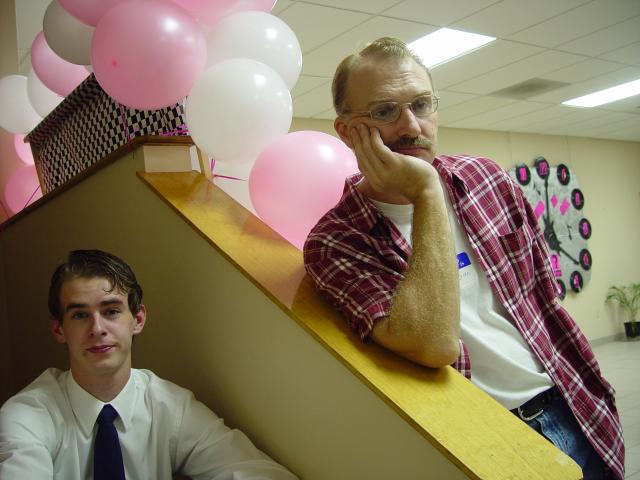
In my last post, I discussed Larry Crabb’s vision of the Church as a community in which it is safe to be human.
This is one of the characteristics of “spiritual community” that Dr. Crabb sketches out in his book The Safest Place on Earth. The other hallmark of this community is the way in which conflict is handled in relationships.
Conflict will occur in human relationships. It is inevitable among broken human beings that are following their own selfish agendas. Paul warns us of the result if this egotism remains unchecked in his letter to the Galatians. (see Galatians 5:14 & 15) Conflict will also come about simply because we are unique individuals and have different ways of seeing and understanding life. Like Dr. Crabb said, “Conflict is latent in every human relationship at every moment. It simply awaits a trigger to get it going.” (pg. 40)
The problem is not that conflict exists. Rather, the problem is our attitude regarding conflict. In unspiritual community conflict is avoided, and consequently the life giving power of truth is suppressed in our relationships.
Dr. Crabb lists some of the ways avoiding conflict is practiced unspiritual community. We may “hide conflict behind congeniality”, or we will focus the energy of conflict “into cooperation on worthy projects where ugly drives become commendable zeal.” Others of us will “sooth the pain we feel because of conflict, using consolation.” If the conflict is of a severe nature we may use counseling. Lastly, there are those of us who will “let conforming pressures try to contain our ugliness within renewed efforts to do better.” (pp. 40-41) In other words, we will do everything but honestly work through conflict in a way that is mutually satisfying to all involved. When we give in to the afore mentioned methods of avoidance, our relationships will lack intimacy and true mutuality.
In spiritual community, conflict is seen as a chance to experience a greater intimacy and sharing in our relationships. The manifestation of conflict is our call that we now have an opportunity to trust God in a new way, and at the same time see something new about ourselves and one another. Often what we see we will not like as our brokenness and ungodly passions are brought into the light. If we faithfully refuse to hide in the ways Dr. Crabb mentioned, the conflict now becomes a conduit of God’s healing grace into our broken humanity.